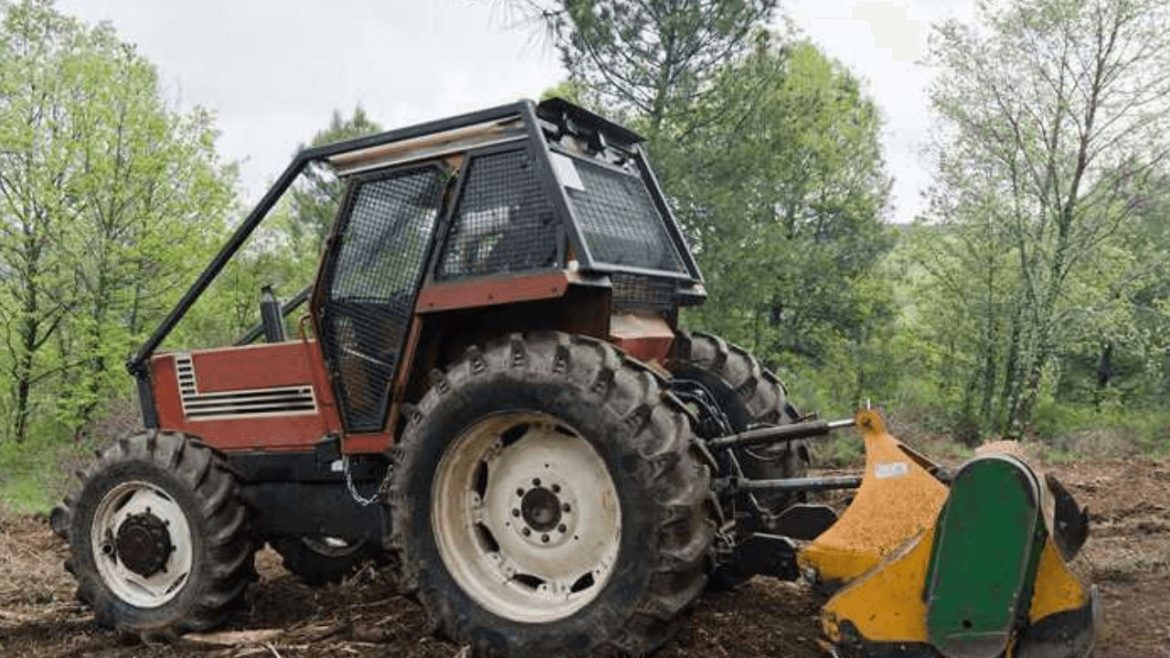Mulcher teeth are essential parts of mulching machines, which are heavy-duty machinery used for land clearing, vegetation management, and a variety of agricultural and forestry uses. These are the cutting elements that shred and mulch grass, trees, and other organic materials. They are available in a variety of shapes and materials to fit a variety of duties, from grinding heavy underbrush to reducing trees and shrubs to wood chips.
The style of mulcher teeth selected can have a considerable impact on the machine’s performance and efficiency, so it is critical to choose the proper type for the given application. Mulcher teeth or parts of mulcher teeth whether made of steel or carbide, fixed or swing-hammer design, are essential for transforming heavy equipment into effective land-clearing and vegetation management instruments.
Types of Mulcher Teeth
The type of teeth used by a mulcher has a big impact on its success. In this post, we will look at the various mulcher tooth shapes on the market and discuss their respective applications and benefits.
Mulcher Teeth Repair
Fixed mulcher teeth are a popular design that is noted for their longevity and dependability. They are bolted or welded to the rotor of the mulcher and stay stationary throughout the operation. Because the fixed teeth can withstand enormous weights, this design is ideal for mulching thick, heavy foliage. They are less susceptible to damage in rugged terrain, but they may require more power to work efficiently.
Mulcher Teeth of the Swing-Hammer
Swing-hammer mulcher teeth, also known as flail teeth, have a swinging action and provide a unique approach to vegetation shredding. These teeth are hinged to the rotor, allowing them to swing freely when they come into contact with the material. This adaptability lowers the chance of harm from solid barriers such as rocks. Mulching lighter plants and grassy areas is great for swing-hammer teeth.
Mulcher Teeth Made of Carbide
Carbide mulcher teeth are well-known for their high hardness and durability. They are protected by a layer of tungsten carbide, a super-hard substance that is resistant to wear and abrasion. Carbide teeth are ideal for working with abrasive materials like hardwoods and rocks. While they are typically more expensive upfront, long lifespans can result in cost savings over time.
Mulcher Teeth Made Of Steel
Steel mulcher teeth, on the other hand, are well-known for their low cost and adaptability. They are constructed of high-strength steel and are ideal for mulching softer materials and lighter vegetation. When steel teeth wear out, they are quite easy to repair, making them a cost-effective solution for many consumers.
Mulcher Teeth That Are Reversible
Reversible mulcher teeth have the advantage of being more versatile. These teeth can be flipped to use both sides at the same time, effectively doubling their lifespan. Reversible teeth are generally manufactured from durable materials like carbide or high-strength steel. They are a fantastic choice when you wish to minimize downtime and reduce the frequency of replacement.
Mulcher Claw Teeth
Claw mulcher teeth are constructed with sharp, hook-like features that allow them to grip and shred material aggressively. This method is very useful for clearing dense vegetation and small to medium-sized trees. Claw teeth are frequently employed in land clearing and forestry operations that demand a high level of cutting power.
Mulcher Chipper Teeth
The teeth of a chipper mulcher are designed to reduce plants into small, uniform chips. They are distinguished by their chiseled shape and sharp edge. These teeth are particularly useful in situations where the end result must be uniform, such as the production of wood chips for bioenergy or landscaping.
Conclusion
Mulcher teeth come in a number of forms, each tailored to a certain usage or component. The type of teeth used on a mulching machine can significantly affect its performance, efficiency, and lifespan. The correct type of mulcher teeth must be selected according on the type of work required, the materials to be mulched, and the operating conditions.
